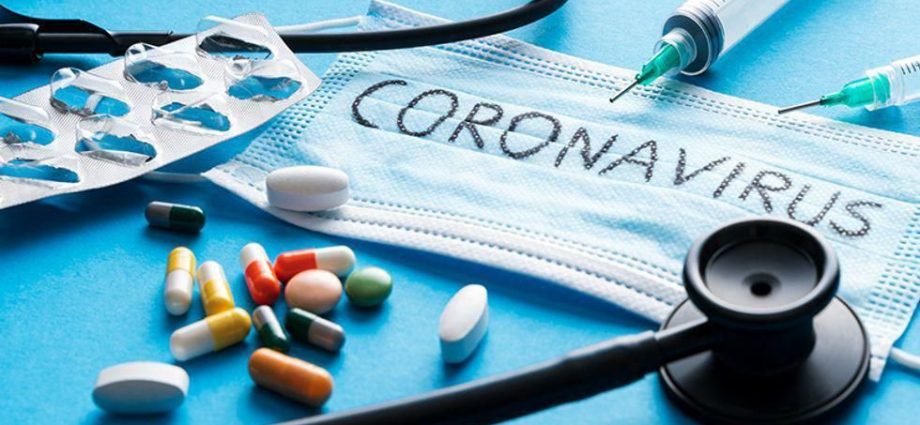THURSDAY, Sept. 23, 2021 (HealthDay News) — The future of COVID-19 treatments might include a tiny antibody made by llamas.
British researchers credit a llama named Fifi with their finding.
The investigators said these llama nanobodies, which are also produced by camels, could eventually be produced in a lab and administered by a nasal spray, binding tightly to the COVID-19 virus and neutralizing it.
The potential solution appears easier than using antibodies from human patients who have recovered from the virus, the study authors noted. Those human antibodies typically are delivered by infusion in a hospital setting.
“Nanobodies have a number of advantages over human antibodies,” said study author Ray Owens, head of protein production at the Rosalind Franklin Institute in England.
“They are cheaper to produce and can be delivered directly to the airways through a nebulizer or nasal spray, so can be self-administered at home rather than needing an injection,” Owens added in an institute news release. “This could have benefits in terms of ease of use by patients, but it also gets the treatment directly to the site of infection in the respiratory tract.”
Public Health England described the research as having “significant potential for both the prevention and treatment of COVID-19.” It said the nanobodies “are among the most effective SARS-CoV-2 neutralizing agents we have ever tested.”
To do the research, the team injected a portion of the SARS-CoV-2 spike protein into Fifi, who is part of the antibody production facility at the University of Reading. The spike protein is found on the outside of the COVID-19 virus and binds to human cells so it can infect them.
The injections triggered Fifi’s immune system to fight the virus by generating nanobodies against it.
The team then drew a blood sample from Fifi. They purified four nanobodies, combining them into chains of three to increase their ability to bind to the virus. These were then produced in cells in the laboratory.
Three nanobody chains were able to neutralize the original variants of the virus, as well as the Alpha variant. A fourth nanobody chain neutralized the Beta variant.
The researchers also administered one of the nanobody chains, known as a trimer, to hamsters infected with the virus. The hamsters responded well, showing less disease, lower weight loss and lower viral load in their lungs and airways after seven days than untreated animals.
However, research in animals doesn’t always pan out in humans.
Still, James Naismith, director of the Rosalind Franklin Institute, said, “Because we can see every atom of the nanobody bound to the spike, we understand what makes these agents so special.”
This potential treatment with nanobodies could be used around the world because they’re easier to produce and don’t require cold storage, Naismith said.
Miles Carroll is deputy director of the National Infection Service, Public Health England (PHE). He said, “Although this research is still at an early stage, it opens up significant possibilities for the use of effective nanobody treatments for COVID-19. These are among the most effective SARS-CoV-2 neutralizing agents we have ever tested at PHE. We believe the unique structure and strength of the nanobodies contribute to their significant potential for both the prevention and treatment of COVID-19 and look forward to working collaboratively to progress this work into clinical studies.”
Naismith noted that vaccines are extraordinarily successful, yet not everyone responds to vaccination. Immunity can wane in individuals at different times, he said.
“Having medications that can treat the virus is still going to be very important, particularly as not all of the world is being vaccinated at the same speed and there remains a risk of new variants capable of bypassing vaccine immunity emerging,” Naismith said.
The findings were published Sept. 22 in the journal Nature Communication.
More information
The U.S. Centers for Disease Control and Prevention has more on COVID-19 vaccines.
SOURCE: The Rosalind Franklin Institute, news release, Sept. 22, 2021
Copyright © 2026 HealthDay. All rights reserved.

